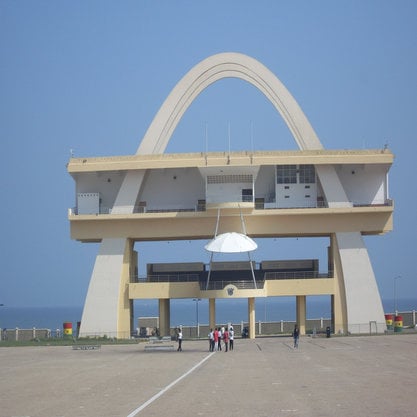Article
Hope, Christopher (David) Tully (1944–) By Hall, Molly
Article
Born in Johannesburg, South Africa in 1944, the late modernist author Christopher Tully Hope is still alive, and still publishing, though has spent much of his later life in England. Primarily a novelist, Hope has dabbled in nearly every genre, also writing poetry, drama, short stories, travel writing, biography, memoir, essays, and even children’s books. In the political comedic tradition of such South African forebears as Herman Charles Bosman and Tom Sharpe, his prose bordered on magical realism, evoking the fantastical tradition of Lewis Carroll, but also the hyperrealist satire of Johnathan Swift. Like his nationality, Hope’s literary influences are often hard to pin down. Hope is the most significant figure in the emergent group of white South African writers who employ dark surrealist satire over liberal realist aesthetics, a move they feel is necessitated by the particular cruelties of that state and its history. He is best known for two of his early novels, A Separate Development (1980), which depicts the tensions over interracial reproduction and the anxiety over passing as white or black, and Kruger’s Alp (1984), which narrates the white anxiety over what is perceived as the inevitable rebellion of the black population and destruction of whites at their hands. All of his South African tales attempt, through a strategy of comedic unreality, to do what seems impossible and unify the black and white South African experience. In the late 1980s, his work, such as in The Hottentot Room (1986), begins to take a more international perspective, but approaches the same themes examining discrimination, homeland, and fellowship through stories tinged by exile.

